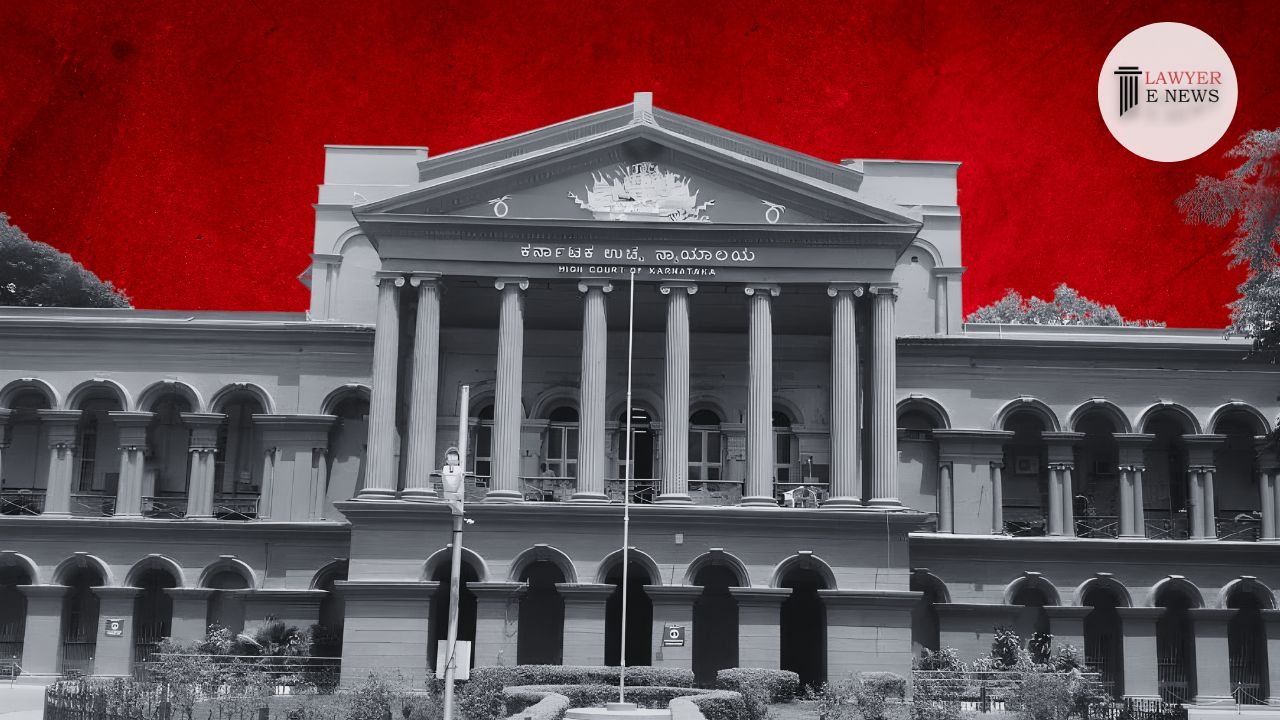-
by sayum
14 February 2026 2:22 PM



The Karnataka High Court, in a significant ruling, has dismissed an appeal in a cheque bounce case, emphasizing that a time-barred debt cannot be considered a legally enforceable debt under Section 138 of the Negotiable Instruments Act.
The court dealt with the crucial legal point of whether a cheque issued for a time-barred debt can be considered for a legally enforceable debt under Section 138 of the N.I. Act. The court held that such debts do not fall within the ambit of ‘legally enforceable debt’, thereby upholding the trial court’s acquittal of the respondent.
The appellant, Sri. Laxmi Finance & Investments, had accused B. Mahalinga Shetty of issuing a cheque that was subsequently dishonoured due to ‘Payment Stopped By The Drawer’. The appellant claimed the cheque was issued to repay a loan of Rs. 12,500. However, the respondent contended that the cheque was a blank, signed one, given as security for a loan paid off a decade ago. The primary issue revolved around whether the dishonoured cheque was linked to a legally enforceable debt or a time-barred obligation.
The High Court meticulously analyzed the evidence and past judgments, including Basalingappa Vs. Mudibasappa and Rajesh Jain v/s Ajay Singh. The court found that the appellant failed to establish a direct nexus between the loan transaction from 1996 and the cheque issued in 2007. It was observed that the debt was time-barred, and there was no acknowledgment of debt within the limitation period, rendering the debt not legally enforceable on the date of the cheque’s issuance.
In line with these findings, the court dismissed the appeal filed by the appellant, upholding the trial court’s decision. The judgment reinforces the principle that time-barred debts are not within the scope of Section 138 of the N.I. Act.
Date of Decision:13th February 2024
Sri. Laxmi Finance & Investments vs. B. Mahalinga Shetty
